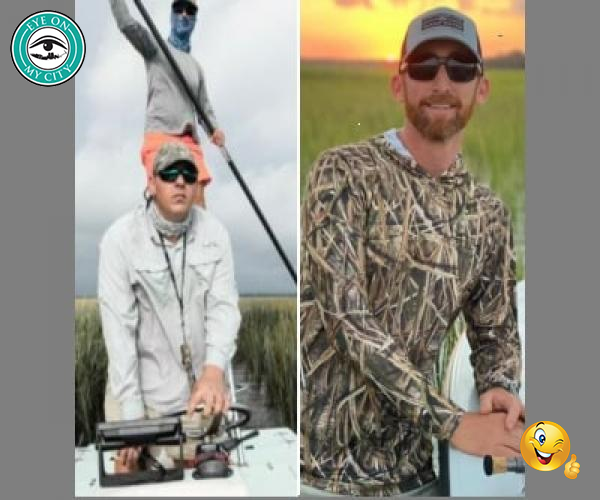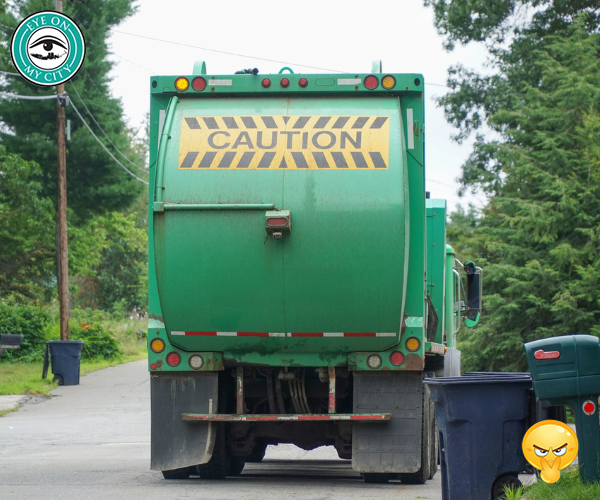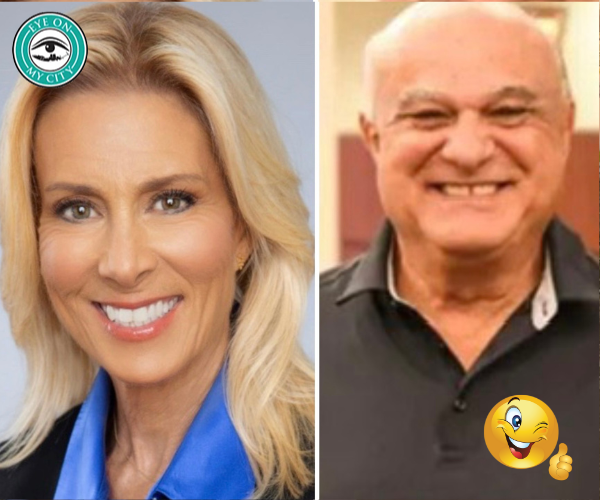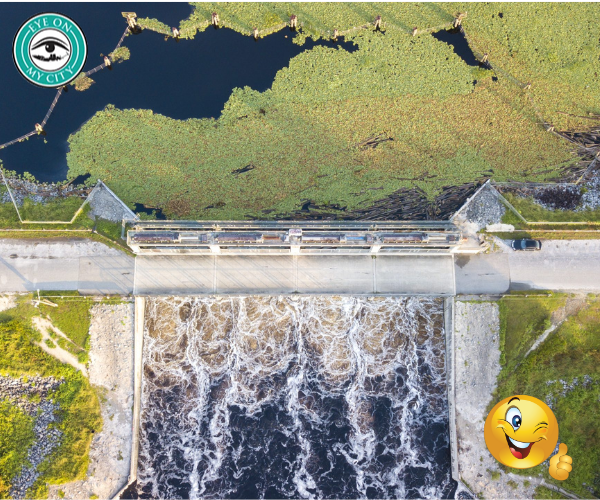Two Jacksonville men are joining the ongoing effort to restore the Ocklawaha River, south of Jacksonville.
That project effectively would put an end to the Cross-Florida Barge Canal.
One of the oldest ideas in Florida history was to cut a canal across the state, to keep from having to sail ships around the peninsula.
It dates back to 1567. But it didn’t actually gain any momentum until the New Deal came along and government spending soared.
Even then, it got authorized, but not funded. It got another impetus during World War II, the idea being that ships could use the canal to avoid Nazi submarines.
It gained new life in the 1960s when the U.S. Army Corps of Engineers began construction of the Cross-Florida Barge Canal.
A key part of the project was building a dam in the Ocklawaha River to create a huge reservoir. I was there, covering the story for the Jacksonville Journal, when about 50 huge bulldozers all moving at once began pushing dirt into the river to halt its flow. It was an impressive sight.
But environmentalists were outraged and went to court. They won an injunction to stop the work. Eventually it was de-authorized and the project was converted to a greenway in the 1990s, named after famed environmentalist Marjorie Harris Carr.
The reservoir became a favorite fishing spot for many anglers, but always has been a source of contention.
Evan Tucker and Rami Ashouri of Jacksonville are leading a new effort to remove the dam, drain the reservoir and allow the river to flow again.

Tucker believes the blockage is a factor in the lack of crabs, shrimp and mullet in the St. Johns River. The health of the St. John’s is paramount to all Jacksonville residents not only for recreationists, but also for individual and business property values.
The current science supports the proposal to tear down the dam and all that is lacking is the funding, Tucker said.
Ashouri, a local attorney and a fishing guide, hosted the Cowford Redfish Tournament last year, and it did well. Later, Tucker won a boat that was raffled off at a convention in Orlando and became friends with Ashouri, who also attended. From that came their partnership.
Their new organization, Cowford Conservation, is hosting the Oct. 8 Cowford Redfish Tournament at Palm’s Fish Camp. If you are a fishing enthusiast or you want to become a sponsor od this event, go here for more information: https://cowfordredfishtournament.com
Part of the revenue from next month’s redfish tournament will go to Captains for Clean Water and the St. Johns Riverkeeper, both supporters of restoring Florida’s water resources.
Captains for Clean Water, based in South Florida, was founded by two fishing captains who want to restore waterways in the state.
“We are trying to bring awareness to the outdoor community, the people who use the waterways,” Tucker said.
The environment is important to Florida. More than $600 million has been allocated by the state government for Everglades restoration. The cost of restoring the Ocklawaha is estimated to be $25 million.
Studies from the Florida Dept. of Environmental Protection support the restoration, Tucker said.
In 2019, the Marjorie Harris Carr Cross Florida Greenway State Recreation and Conservation Plan was updated and continues to say, “The Governor and Cabinet, sitting as the Board of Trustees of the Internal Improvement Trust Fund, have an established policy that the Ocklawaha River should be “partially restored” with the FDEP as the lead agency. However, the Legislature has not appropriated funds for this purpose. If funds are made available and permits are issued, it is the intent of the FDEP to undertake this restoration.”
“Partial restoration is intended to restore river hydrology and floodplain function to near preconstruction conditions through breaching the dam, with limited removal and/or alteration of structures and alteration of the topography. This alternative will retrieve National Forest System lands at the lowest cost while restoring river and floodplain hydrology.”
Florida has had many ups and downs related to its environment. In 1881, the broke state government sold 4 million acres of Florida to businessman Hamilton Disston. While this sale was the basis for the agriculture and tourism businesses that have been a great benefit to the state, Disston’s canals and drainage projects had an impact on the Everglades that was not beneficial.
Likewise, the barge canal might have had economic benefits but its construction was doomed by the fear of harm to the environment. It seems time to finish correcting that error.











